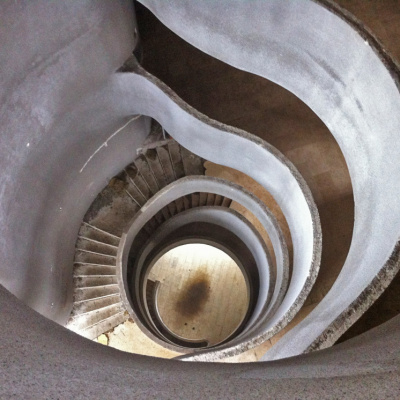Andrew Herscher's current research deals with the modernist monuments of the former Eastern Europe. These monuments have been assimilated into post-socialist contexts by being re-framed in new and different categories. “Ruin” and “heritage” are perhaps most common of these re-framings. In the case of the ruin, the socialist monument has become socialist waste, while in the case of heritage, the socialist monument has become the national monument. These re-framings are even more pronounced outside the former socialist states. Recently, images of socialist monuments have begun to circulate through global visual culture as science fiction, with extra-terrestrial worlds invoked as figurative locations for monuments that emerged in and for a disappeared and largely unremembered Second World.
The post-socialist appearance of ruined, nationalized, and other-worldly socialist monuments can each be understood as post-political phenomena; each register the disappearance of struggles for emancipation and equality in contemporary liberal democracy. To return to the socialist monument as a site of collective inquiry, desire, or contestation, then, can open a space for a memory of politics.
The socialist monument cannot be remembered as such within the contemporary post-socialist moment. When the socialist monument is excluded from the post-socialist present rather than destroyed to fit into that present, what becomes newly visible in the monument’s history? How does that history open up new futures? And what can a monument do to participate in such openings?
The discussion afterwards will be moderated by the Chair of IZK, Prof. Milica Tomić.
